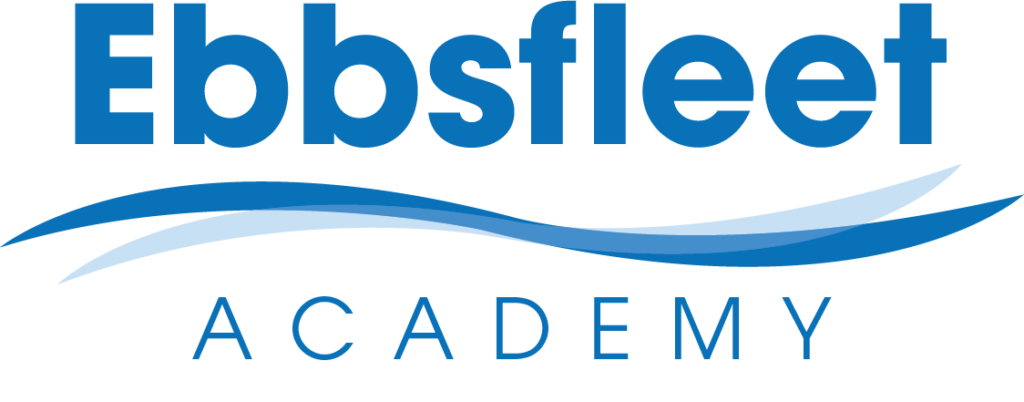Course Content
- Programming Fundamentals
Computing concepts and their application through programming and design methodologies - Computer Network Security and Encryption
Types and origins of security threats, relevant regulations, methods and tools to detect and prevent threats, and concepts and algorithms of encryption - Human-Computer Interaction
User experience (UX) and user interface (UI) design principles and their application in creating interfaces; key principles of HCI design, including meeting diverse needs of users - Practical Programming
Principles of computer science related to software development and their application in developing and managing a software solution.



